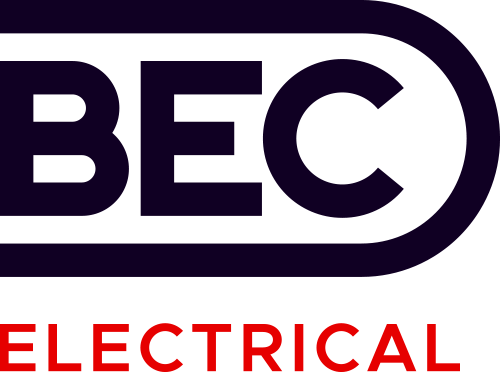Commercial Electricians FAQs
- What is the difference between industrial and residential electrical installation?
Industrial electrical installations deal with high-power requirements and machinery in industrial settings, while residential installations focus on the electrical needs of home environments.
- What is the difference between commercial and domestic electrical?
Commercial electrical work typically involves larger, more complex systems found in business properties, whereas domestic electrical work focuses on residential homes.
- Is it a legal requirement to have electrical safety certificate?
For rental properties, it’s a legal requirement to have an up-to-date electrical safety certificate in the UK.
- Who can certify electrical work?
Qualified, registered electricians can certify electrical work in the UK.
- Why do I need a EICR certificate?
An EICR certificate is needed to ensure that electrical installations are safe and meet regulatory standards.
- Who needs an EICR certificate?
Landlords, commercial property owners, and sometimes homeowners need an EICR certificate.
- How often do you need a commercial electrical certificate?
A commercial electrical certificate is generally required every 5 years.
- What electrical work requires a certificate UK?
Significant electrical installation, alteration, and addition work in the UK requires a certificate.
- How long do commercial electrical certificates last?
Commercial electrical certificates typically last for 5 years.
- Who is responsible for rewiring on commercial property?
The responsibility for rewiring a commercial property usually lies with the property owner or landlord.
- Does a commercial let need an EICR?
Yes, a commercial let generally needs an EICR to ensure electrical safety.
- Does an electrician have to be NICEIC registered?
An electrician doesn’t have to be NICEIC registered, but it assures compliance with safety standards.
- How much is a commercial EICR?
A commercial EICR (Electrical Installation Condition Report) can cost from £150 to £500+, depending on the property size.
- Do electricians need CSCS?
Electricians working on construction sites in the UK often need a CSCS (Construction Skills Certification Scheme) card.
- Is it illegal to do electrical work without a license UK?
Doing electrical work without a license in the UK is illegal, particularly for certain types of electrical installations.
- Does commercial electrical work need certification?
Yes, commercial electrical work in the UK typically requires certification for safety and compliance with regulations.
- What is the difference between residential commercial and industrial?
Residential involves homes, commercial focuses on business properties, and industrial covers facilities like factories.
- What is an example of industrial vs commercial?
Industrial might refer to a factory's electrical system, while commercial could relate to the wiring in a retail store.
- How is commercial wiring different than residential wiring?
Commercial wiring often uses conduit and is more complex due to larger scale and different standards than residential wiring.
- What is the difference between commercial and industrial electrical work?
Commercial electrical work focuses on business properties, while industrial work deals with manufacturing and industrial facilities, often involving higher voltage systems.
- Can a domestic electrician work in commercial?
A domestic electrician can work in commercial settings but may need additional qualifications for complex commercial systems.
- Can I become an electrician at 50?
Yes, you can become an electrician at 50 through training courses and apprenticeships.
- What is a call out charge?
A call out charge is a fee charged for an electrician's travel and time to come to your location.
- How do you ask an electrician for a quote?
To get a quote, provide the electrician with detailed information about the job and ask for a comprehensive cost estimate.
- Why should you call an electrician?
You should call an electrician for safe, professional handling of electrical installations, repairs, and fault finding.
- How much is a call out charge for an electrician UK?
Call out charges for electricians in the UK range from £50 to £100.
- Can I negotiate with my electrician?
It's possible to negotiate with an electrician, especially for larger or ongoing projects.
- How much does an electrician charge for fault finding?
Electricians typically charge between £75 to £125 for fault-finding services.
- How much does it cost to replace a wall socket?
Replacing a wall socket usually costs around £50 to £130.
- How much do electricians charge in London?
Electricians in London typically charge between £40 to £70 per hour.






